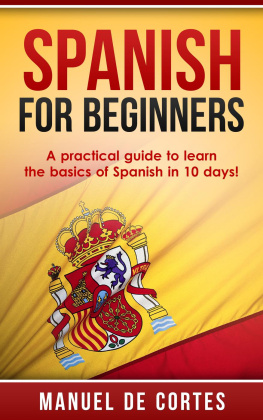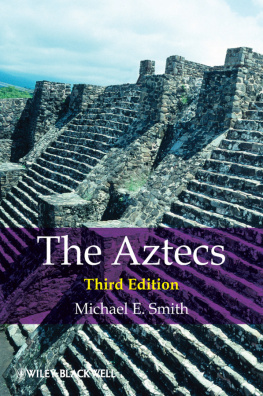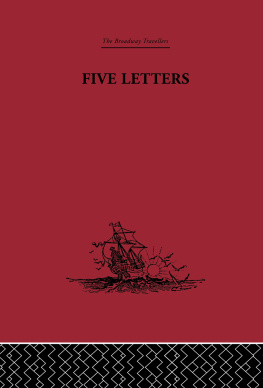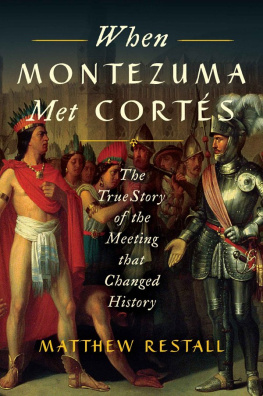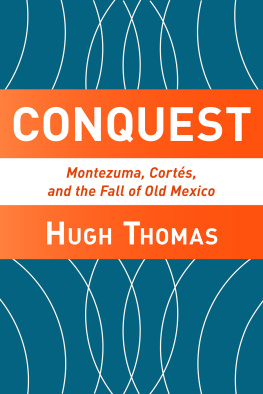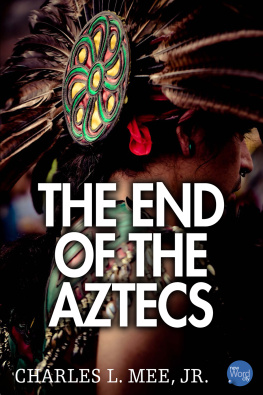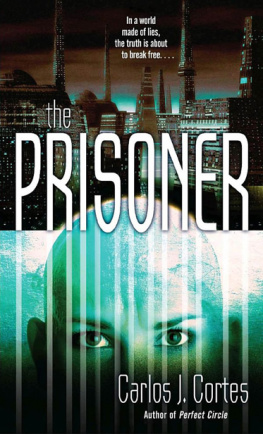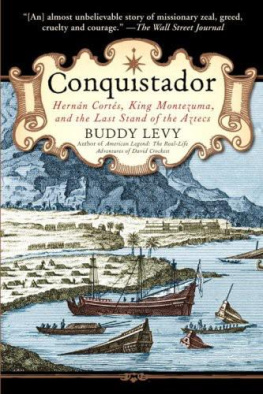
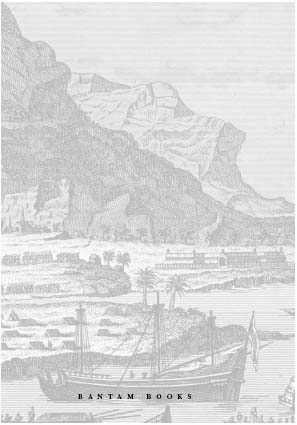
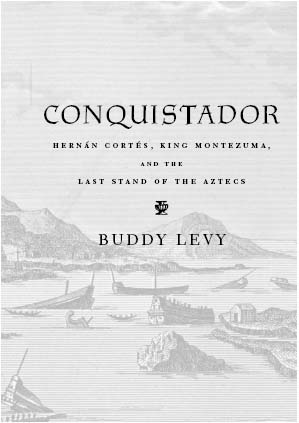
CONTENTS

For Camie, Logan, and Hunter
Men of God and men of war have strange affinities.
CORMAC MCCARTHY, BLOOD MERIDIAN
INTRODUCTION

IN 1519 AN AMBITIOUS AND CALCULATING CONQUISTADOR named Hernn Corts sailed from Cuba and arrived on the shores of Mexico with empire expansion in his veins. He intended to appropriate the new-found lands in the name of the crown of Spain, to convert the inhabitants to Catholicism, and to plunder the rich lands of their precious metals, namely gold. Corts made land at Pontonchan, a considerable native fishing settlement, with a roguish, roughshod crew containing thirty crossbowmen, twelve men with muzzle-loaded handguns called harquebuses, fourteen pieces of small artillery, and a few cannons. Carefully, methodically, Corts and his crew used ropes and pulleys to unload sixteen Spanish horses, highly trained and skilled warhorses of which the indigenous Americans had no concept or understanding, never having seen any. He also unloaded savage and well-trained war dogs: mastiffs and wolfhounds. In addition to his band of Spanish pirates and mercenaries, Corts brought along a few hundred West African and Cuban slaves for use as porters. It was March 1519.
Corts marched his small force over massive mountains and active volcanoes towering eighteen thousand feet high, straight into the Valley of Mexico and the very heart of the Aztec civilization. What Corts encountered when he arrived at Tenochtitln, the famed City of Dreams, were not the barbarians that his conquistador predecessors had envisioned but a powerful and highly evolved civilization at its zenith. The Aztecs possessed elaborate and accurate calendars, efficient irrigation systems for their myriad year-round crops, zoos and botanical gardens unrivaled in Europe, immaculate city streets with waste-management methods, astounding arts and jewelry, state-run education, sport in the form of a life-or-death ballgame, a devoted and organized military apparatus, and a vast trade and tribute network stretching the entirety of their immense empire, as far south as Guatemala. Corts and his Christian brethren would soon discover that the Aztecs also possessed a highly evolved and ritualized religion much more complex than their own, a religion that its people followed with equal, if not greater, faith and conviction. Instead of one god, they zealously worshipped a pantheon of deities in elaborate and sophisticated ceremonies.
At Tenochtitlnat the time among the most populated and vital cities on earth, much larger than Paris or PekingCorts finally confronted Montezuma, the charismatic and enigmatic Aztec ruler. Their first meeting could be considered the birth of modern history. The conflict that followed was a religious one ultimately, pitting the monotheistic Catholicism of the Spaniards against the polytheistic mysticism of the Aztecs, and though in many respects the two empires were vastly different, they were actually parallel in a number of striking ways. Both were barbaric in their unique traditions. The Spaniards, fired and forged by the Crusades, would pillage and rape and kill in the name of God and country, subsuming in digenous cultures with little respect for their centuries of existence; the Aztecs used military force and violence to subjugate independent neighboring tribes and performed rites of human sacrifice and cannibalism. Neither could comprehend the other, and neither was willing to acquiesce. Both were uncompromisingly devoted to expanding their already considerable empires, and each was under the guidance and tutelage of a great leader.
The most significant of all the conquistadors, Hernn Corts was a late bloomer, arriving in the New World in 1504. He lived in relative anonymity for over a decade before asserting himself in the political scene of the West Indies colonies, by which time he was in his early thirties. Born in 1485 in Medelln, Spain, site of castles and strongholds used in the last efforts of the Reconquista (the expulsion of the Moors after seven hundred years of occupation), Hernn was the son of Martn Corts, a low-level hidalgo not overly distinguished or well bred, and Doa Catalina Pizarro Altimirano. A frail and sickly child, Corts began university at age fourteen in Salamanca but returned home, bored and distracted, after only two years. His mind must have been quick and perceptive, however, because his erudition in diplomacy and politics would surface later, serving him well. He studied government, law, and Latin and would later be described by his secretary Francisco Lpez de Gmara as restless, haughty, mischievous, and given to quarrelling.1
Wanderlust filled his heart early on, and in 1503 he was set to join an expedition to the West Indies with Don Nicols de Ovando. On the eve of his departure, the young rake Corts was injured leaping to his escape when caught in the house of a married woman; his injury cost him a chance on that ship, and he spent the next year carousing in Spains rough southern port villages. In 1504 the impetuous young man had earned entry onto one of five merchant ships setting sail for Santo Domingo, the bustling capital of Hispaniola and first settlement of the New World. Corts had for a few years now heard rumors of untold wealth to be garnered in unknown lands, where gold flowed like water from the mysterious mountains. Just nineteen and with an adventurers spirit, having learned to ride as a youth while herding swine and gleaned the rudiments of cavalry tactics in school and from his father, as well as from the widely popular romances, Hernn Corts was entirely anonymous and average as he booked passage to the West Indies. He had no way of knowing that in less than two decades he would command a Spanish force in one of the greatest assaults in military history and become among the most revered and reviled of men in all the world.2
CORTSS rival had led the Aztec people for nearly two decades. The ruler of the Aztec empire, Montezuma was born in 1480, just five years before Hernn Corts. Sometimes also referred to as Montezuma II, he was trained as a priest and rose to become the military, spiritual, and civic leader of the Aztecs in 1503, just as Corts was on the verge of arriving in the West Indies. At that time the Aztecs controlled most of what is now Mexico and Central America, their capital being the great city of Tenochtitln (present-day Mexico City). Montezuma was enthroned as the tlatoani (great speaker) at the great temple built by his own brothers, and his coronation involved an elaborate ritual of bloodletting, self-piercing with bone slivers, the decapitation of two quails, and the spraying of their blood on an altar flame.
Moody, petulant, even tyrannical, Montezuma was zealously driven by his spiritual beliefs. He was the semidivine ruler of a devout people whose supreme being was the sun and whose highly stylized and symbolic religion was driven by seasonal festivals, feasts, and celebrations observed by all members of society. The Aztec religion was an amalgamation of ancient Mesoamerican rites and traditions centered on paying tribute and making offerings to the many gods who orchestrated human destiny. The Aztecs believed these offeringsincense, birds, flowers, and in the highest of all forms, human hearts and bloodappeased the gods and ensured rain for their crops, healthy harvests, victory in battle, and even the daily rising of the sun.3
Next page

